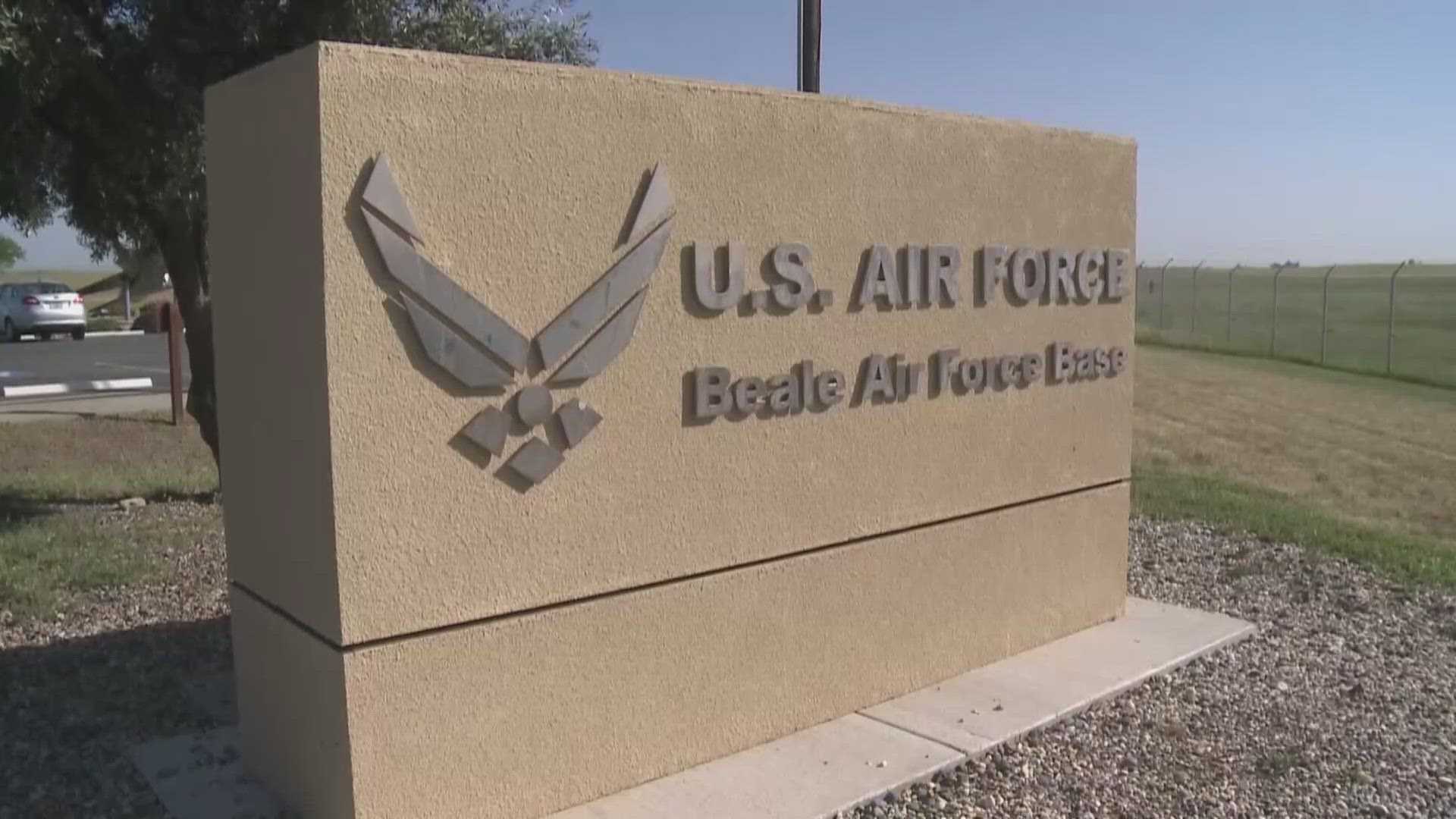News
Congress Moves to End Longest Government Shutdown Affecting Troops

WASHINGTON, D.C. — Congress is rapidly working to end the longest government shutdown in U.S. history to ensure troops are paid. With just days remaining to clear procedural hurdles, lawmakers are under pressure to resolve the situation by Nov. 14.
This shutdown marks the first multiweek closure since 1981 where troop pay has gone unprotected, adversely impacting tens of thousands of Air National Guard and Air Force Reserve members who have already missed two paychecks.
The White House and Pentagon have been scrambling to secure funding for service members’ paydays on Oct. 15 and Oct. 31; however, a select group of critical personnel, known as dual-status technicians, have been left unpaid. There are 10,744 dual-status technicians in the Air Guard and 6,697 in the Air Force Reserve as per the fiscal 2025 National Defense Authorization Act.
“They are financially and emotionally drained; there’s just a visible decline in morale, trust, and motivation,” said retired Maj. Gen. Francis M. McGinn, president of the National Guard Association of the United States. “They are disgusted with how they’re being treated.”
Most dual-status technicians were furloughed when the shutdown began, though some units have recalled essential personnel. A senior pilot from the Air Force Reserve noted that about 70 percent of technicians have returned to work despite lacking compensation. “We’ve got these critical employees that we’re asking to come to work, but there’s no money to backfill that,” he said.
The situation is similar in the Army National Guard. A senior officer said half of the 110 technicians in his unit, typically earning $1,500 every two weeks, are struggling with basic expenses while being furloughed. “They do side work to get by,” he mentioned.
As financial strain mounts, many dual-status technicians feel a sense of unfairness compared to those who have been furloughed and are able to seek temporary work. The uncertainty extends to the overall military readiness as valuable training and maintenance schedules are disrupted.
Preparations took a turn late on Nov. 9 when the Senate initiated moves to potentially end the shutdown. A continuing resolution would fund the government at fiscal 2025 levels, guaranteeing backpay for furloughed workers.
However, the process requires votes from both houses and approval from President Donald Trump, raising concerns about the timing for upcoming paychecks. “If Congress goes through its normal process, it won’t open until next week,” noted retired Air Force Lt. Gen. Burton Field.
McGinn fears that this shutdown could prompt an “exodus of talent” from the Guard and Reserve. “Missing a paycheck is no small matter. We need Congress to pass protections for our personnel,” he stated.
Field echoed this sentiment, emphasizing the need for legislative safeguards against potential future shutdowns affecting military pay.












